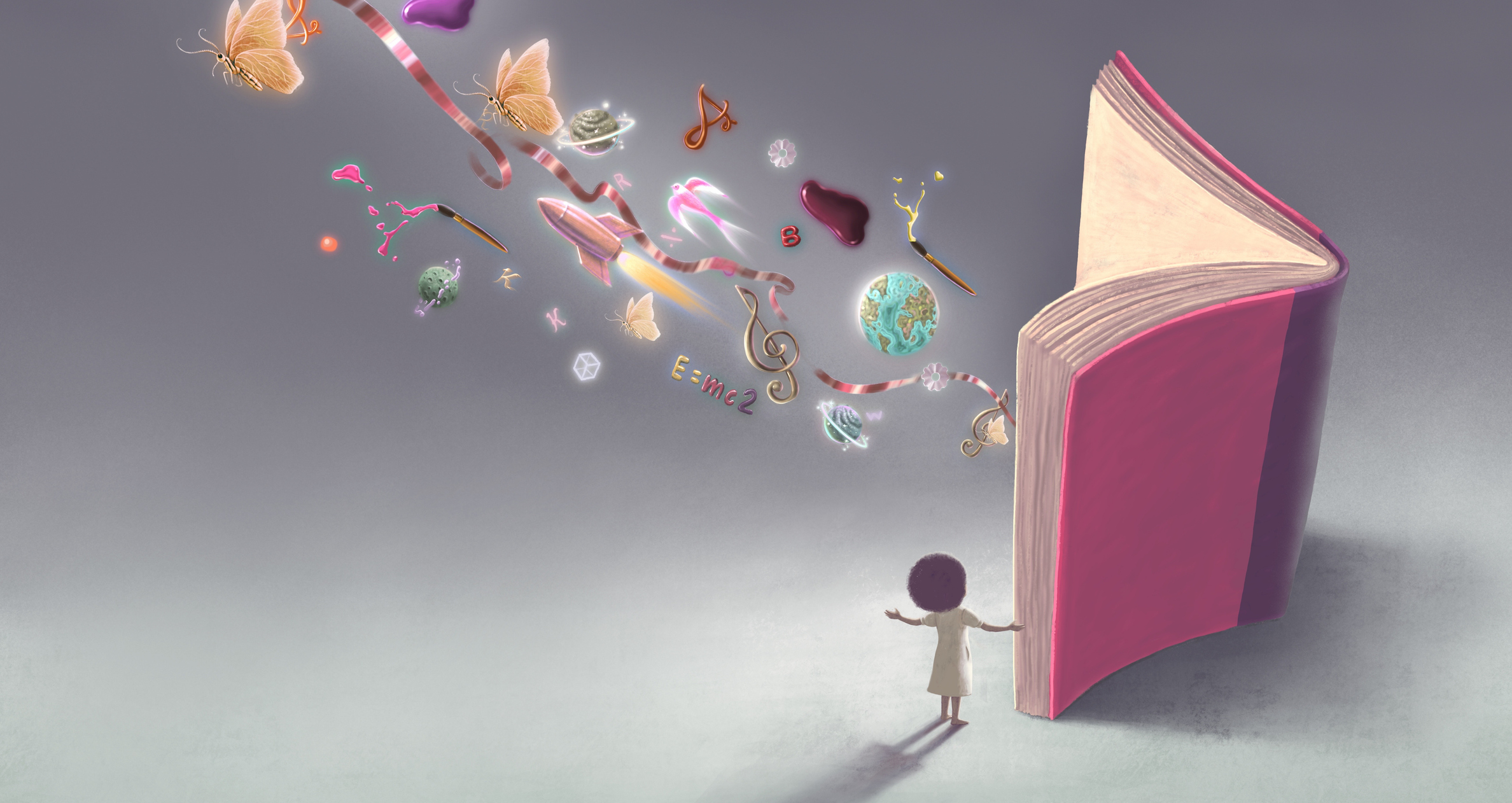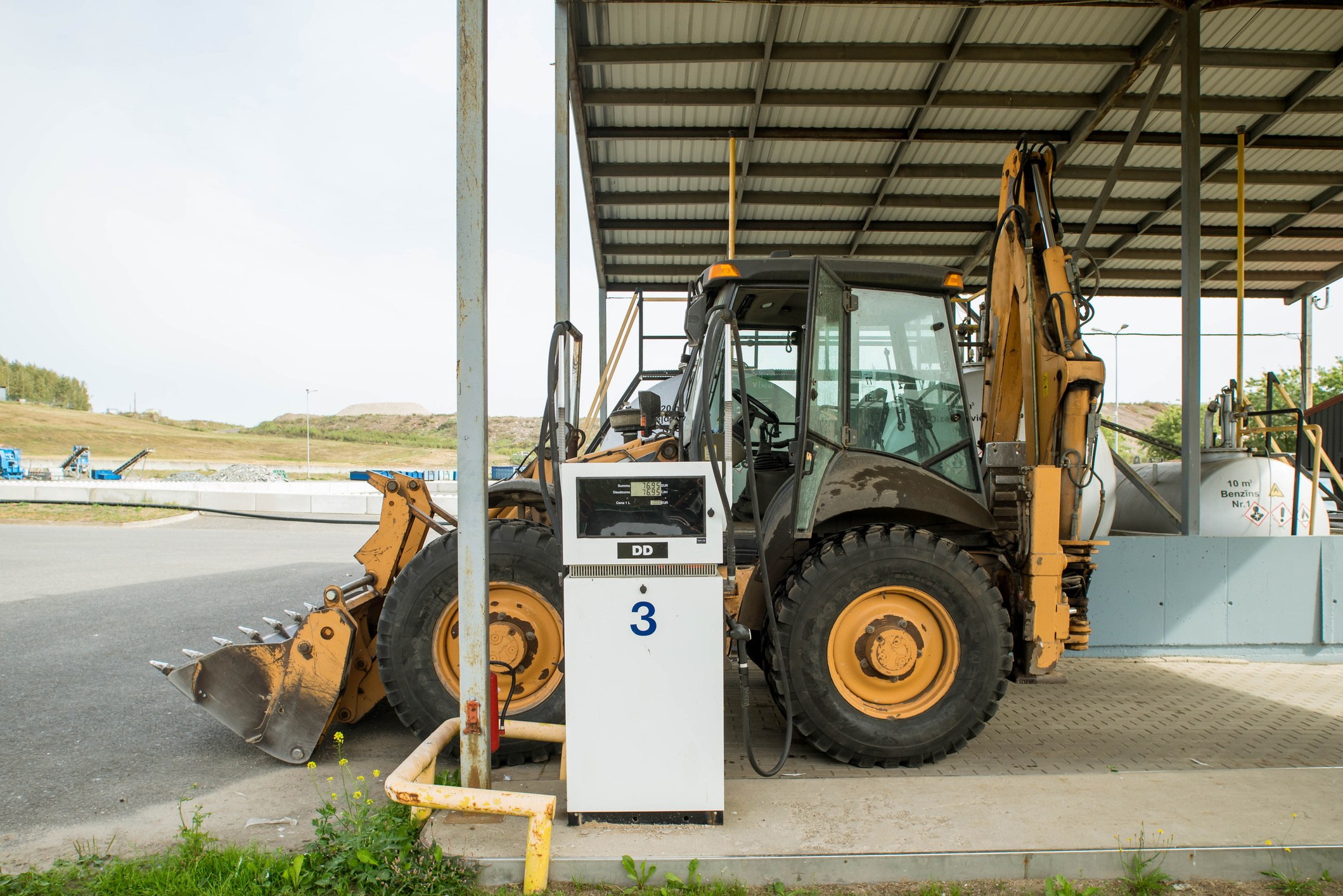“Mom! I got a book from Dolly!?”
The awe and delight in my daughter’s voice every month at receiving a book from The Imagination Library run by The Dollywood Foundation cannot be understated. Her vision of Dolly Parton – blonde hair and red lipstick, singing country songs – choosing a book just for her, putting a silver sticker on the cover, and mailing it (while not quite true), made her want to settle in to hear the new story over and over again.
While my daughter aged out of the program years ago, I have remained an avid believer in The Imagination Library.
I was horrified when the most recent state budget cut funding to keep Washington state’s branch of The Imagination Library active. Not only does cutting funding for The Imagination Library Washington represent a significant step backward in funding a successful public-private partnership, but it also shows how little our state cares about childhood literacy compared to other states and nations.
About 1 in 7 children in the United States receive a book monthly from The Imagination Library. In Washington state, about 27 percent of children received a book from the local branch. Since its creation, the program has expanded to reach children in Canada, Australia, the United Kingdom, and Ireland. In 2024, the program had gifted more than 200 million books worldwide to emphasize childhood literacy.
The Washington state branch of The Imagination Library was the first West Coast extension of the original. This year marks the 30th anniversary of The Imagination Library, which was established to honor Dolly Parton’s late father who was neither able to read nor write. The library’s goal is to send age-appropriate booksto children ages birth to five-years free of charge each month, giving them access to literacy in their homes.
The funding model requires a 50/50 partnership. The public-private partnership funding model alleviates the full burden from both sides of the equation with 50 percent of the funds coming from donors and 50 percent coming from matching state-appropriated funds. The funding request submitted to the state for the biennium was $7 million to be split over two years to support current enrollment and anticipated growth. The program primarily supported children in rural areas – Adams, Asotin, Benton, Chelan, Clallam, Clark, Columbia, Cowlitz, Douglas, Ferry, Franklin, Garfield, Grant, Grays Harbor, Island, Jefferson, Kitsap, Kittitas, Klickitat, Lewis, Lincoln, Mason, Okanogan, Pacific, Pend Oreille, San Juan, Skagit, Skamania, Stevens, Wahkiakum, Walla Walla, Whatcom, Whitman, and Yakima counties – along with more counties that include the state’s urban centers – King, Pierce, Snohomish, Spokane, and Thurston.
According to The Imagination Library Washington website, approximately 121,000 children across the state were currently enrolled to receive books in 2025. That is just under 1.5 million books that will go unsent this year to children in our state, despite studies showing that children with access to books in early childhood are more successful in school.
Funding programs that are not solely supported by taxpayer dollars but provide still a tangible benefit to our state’s citizens, is good policy, and should be supported by our state. What is not good policy is cutting programs that offer children a solid foundation in their lives before they ever set foot in a classroom. The Imagination Library Washington was money well spent.
If you want to learn more about The Imagination Library or want to donate to the program, you can visit here.






